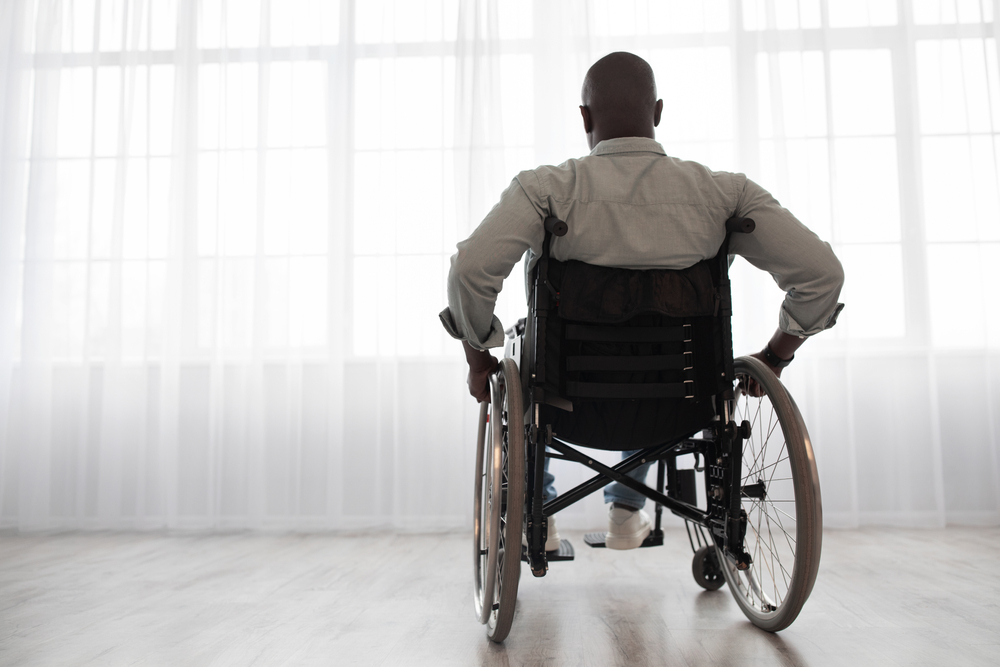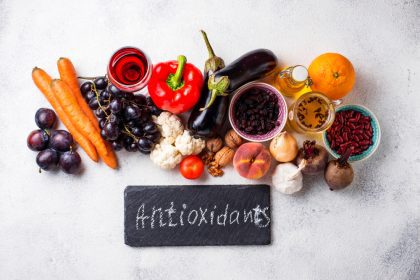Chemotherapy is a powerful treatment used to fight cancer cells. While highly effective, it can also cause side effects as it targets rapidly dividing cells throughout the body. Understanding these common side effects can help you prepare for and manage them during your treatment journey.
1. Fatigue
Fatigue, or extreme tiredness, is one of the most frequent side effects of chemotherapy. It can make even simple tasks feel overwhelming. This exhaustion is caused by the impact of chemotherapy drugs on the cells that produce energy in your body.
- Coping Strategies:
- Listen to your body: Prioritize rest and schedule activities around your energy levels.
- Plan: Break down larger tasks into smaller, manageable steps.
- Maintain a healthy diet: Focus on nutritious foods that provide sustained energy.
- Gentle exercise: Regular physical activity, even short walks, can help combat fatigue.
- Explore medication: Your doctor might recommend medications to stimulate red blood cell production or manage fatigue symptoms.
2. Nausea and vomiting
Nausea and vomiting are another prevalent concern for people undergoing chemotherapy. These side effects can be caused by the drugs themselves or by the body’s reaction to treatment.
- Coping strategies:
- Talk to your doctor: Anti-nausea medications effectively prevent or reduce nausea and vomiting.
- Dietary modifications: Eat smaller, more frequent meals. Opt for bland and easily digestible foods.
- Ginger: Ginger tea or candies can help settle nausea.
- Relaxation techniques: Acupuncture, acupressure, or meditation can alleviate nausea and promote relaxation.
3. Hair loss
Hair loss is a visible side effect of chemotherapy that can be emotionally difficult. The extent of hair loss varies depending on the specific drugs used. It’s important to remember that hair loss is temporary, and your hair will grow back after treatment ends.
- Coping strategies:
- Talk to your hairstylist: Discuss options like shorter haircuts or wigs to manage hair loss.
- Scalp care: Use gentle shampoos and conditioners to avoid irritating the scalp.
- Head coverings: Explore hats, scarves, or turbans to feel comfortable and confident.
4. Increased risk of infection
Chemotherapy can suppress the production of white blood cells, essential for fighting infection. This weakened immune system increases your susceptibility to infections.
- Preventive measures:
- Frequent handwashing: Wash your hands thoroughly and often with soap and water.
- Avoid crowds and sick people: Limit contact with individuals who are ill or have recently been sick.
- Maintain good hygiene: Practice good oral hygiene and clean your environment.
- Be mindful in the kitchen: Wash fruits and vegetables carefully before consumption.
- Early intervention: Report any signs of infection, such as fever, chills, or unusual pain, to your doctor immediately.
5. Mouth sores
Chemotherapy can irritate the lining of the mouth, leading to mouth sores. These sores can make eating and drinking uncomfortable.
- Soothing techniques:
- Maintain oral hygiene: Brush your teeth with a soft-bristled toothbrush and gently mouthwash after meals.
- Stay hydrated: Drink fluids throughout the day to keep your mouth moist.
- Cold therapy: Suck on ice chips or use a cool mist humidifier to ease discomfort.
- Dietary adjustments: Choose soft, bland foods that are easy to swallow and won’t irritate the sores.
- Pain medication: Your doctor can prescribe medications to manage mouth sore pain.
Navigating chemotherapy: Managing side effects and staying informed
While these are common side effects, every person’s experience with chemotherapy is unique. The severity and duration of side effects can vary depending on the type and dosage of medications used, your overall health, and other factors. Open communication with your doctor is crucial throughout your treatment journey. They can help you manage side effects, answer your questions, and provide support as you navigate this challenging but essential phase of your cancer treatment.
This story was created using AI technology.











